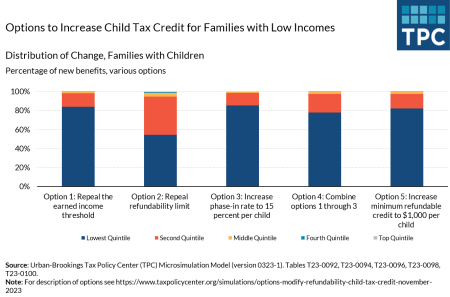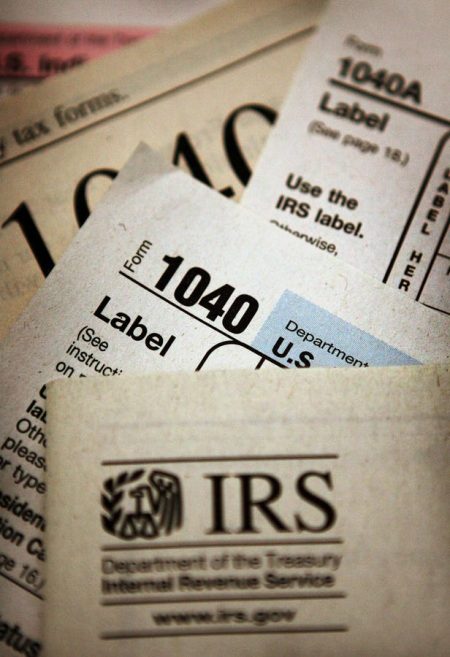Not a week goes by that I don’t get a question about Social Security and taxes. Most often, taxpayers wonder how they can qualify for benefits. Here’s what you need to know about how you can qualify for Social Security retirement benefits, and how to check to see that your work and tax history has been recorded properly so that you can collect your maximum benefit amount.
The Basics
Wages and self-employment income are subject to Social Security and Medicare taxes. For wage earners, Social Security and Medicare taxes are called FICA (Federal Insurance Contributions Act) taxes and are taken out of your paycheck. Taxes on self-employment income are sometimes called SECA (Self-Employment Contributions Act) taxes since self-employed persons pay both the employee and employer contributions.
If you’re employed, you pay Social Security tax at a rate of 6.2% as the employee, and your employer pays the same rate of tax on your behalf. If you’re self-employed, you are responsible for both parts.
Social Security taxes are subject to a wage cap. That means that you pay Social Security taxes on your earnings until you hit the magic number. After that, your wages are no longer subject to Social Security taxes. For 2023, that magic number is $160,200. That means that whether you make $1,000 or $100,000, you will pay Social Security taxes on your income. But if you earn $160,201? You’ll pay Social Security taxes on the first $160,200, but not on the extra dollar. And if you earn $1,160,200? Same result: you’ll pay Social Security taxes on $160,200, but not on the extra million.
In contrast, all wages are subject to Medicare taxes. If you’re employed, you pay Medicare tax of 1.45% as the employee, and your employer kicks in tax at the same rate. As before, if you’re self-employed, you’ll pay both portions, for a total tax rate of 2.9%.
High-income taxpayers are also subject to an additional Medicare tax of 0.9% tacked onto wages that exceed $200,000 for single filers—those thresholds are $125,000 for married taxpayers filing separately and $250,000 for married taxpayers filing jointly.
If you’re a wage earner, your employer collects your Social Security and Medicare payments and remits both their portion and your share to the government. Self-employed persons pay the IRS directly. No matter who pays, these taxes are credited toward your retirement benefits.
Forms and Reporting
In 2023, getting paid can take all kinds of forms. Wages and self-employment income are subject to tax no matter how you are paid—including in cash or crypto like Bitcoin
BTC
Come tax time, the amounts paid to you and any payroll taxes withheld from your compensation will be reported on a Form W-2 or Form 1099.
If you didn’t have any withholding or receive a tax form, you might assume that you don’t need to report that income—that’s not true. Not receiving a tax form can be the result of an oversight, a questionable work arrangement (often being paid under the table), or independent contract work that isn’t subject to information reporting by the payor even though it may be taxable to the recipient. No matter the reason, you are still responsible for paying the tax on your income even if you don’t receive a tax form.
If you don’t receive a tax form, it may be tempting to not report your income. But there’s the downside to that strategy—in addition to potential civil and criminal penalties for not properly reporting your income. If there’s no official record of your compensation for tax purposes, that means that there is no record for other purposes like establishing credit, proving income for a mortgage, demonstrating a stream of income to qualify for certain tax breaks and government benefits—as many people found out during the pandemic—and building an earnings history for retirement benefits to be paid from the Social Security Administration.
Your Earnings History
You need to demonstrate an earnings history to qualify for Social Security retirement benefits. Most workers—including those who don’t need to file a tax return because they don’t make enough to pay taxes—pay into the Social Security system. The IRS received nearly 161 million individual tax returns in 2022, but as of June 2022, the SSA reported that about 182 million people worked and paid Social Security taxes.
Social Security pays many kinds of benefits, including disability benefits. Most common, however, are retirement benefits—those are intended to replace a percentage of your pre-retirement income based on your lifetime earnings. The amount varies depending on how much you earn during your lifetime and the age you first receive your benefits. Typically, the earlier you collect benefits, the lower the amount that you’ll receive.
To qualify for benefits, most people need 40 credits, which is about ten years of work. You earn credits as you go. In 2023, you earn one credit for each $1,640 in earnings, up to a maximum of four credits per year. The amount needed to earn one credit usually increases each year.
Social Security will determine the amount of your benefits based on how much you earned during your lifetime. The more you make, the higher the benefit (subject to limitations). If there were some years when you didn’t work or reported low earnings, your benefits may be lower. And if you worked but have no record of your compensation, your benefits may also be lower.
Checking Your Earnings
Social Security tracks your earnings history over your lifetime. You may receive a statement in the mail, but your history is also available online. To check it out, navigate to the my Social Security account page.
You’ll need to sign in. If this is your first time clicking through, you’ll also need to register. As with the IRS, SSA now uses ID.me to verify your identity. Once you’ve created an account, you can review your earnings record and estimate your benefits.
SSA encourages taxpayers to review earnings records every year. If something is missing, you won’t be credited properly, which impacts your future benefits. And you’ll want to check regularly—if too much time passes, it could be hard to get older tax documents (online wage and payroll records are only available through IRS.gov for the past three years). Additionally, years after the fact, some employers may be out of business or unable to provide older payroll information.
What If It’s Wrong?
There are a few reasons why your earnings history could be wrong. SSA cites some common reasons as:
- Your employer reported your earnings using the wrong name or Social Security number.
- Your employer misreported your earnings.
- You got married or divorced and changed your name but never reported the change to Social Security.
- You worked using a Social Security number that didn’t belong to you.
You can request a correction online through the my Social Security account page. You can also call SSA toll-free at 1-800-772-1213 (1-800-325-0778 (TTY)). Phone lines are open 8 a.m. to 7 p.m., weekdays. According to the SSA, wait times to speak to a representative are typically shorter Wednesdays through Fridays or later in the day.
Either way, you’ll need proof, like paystubs or old Forms W-2 or 1099, to back up your claim.
It’s also important to note that ordinarily, you cannot correct your earnings after three years, three months, and 15 days from the end of the taxable year in which your wages were paid. However, according to SSA, you can correct your record after that time in certain circumstances, like confirming records with tax returns filed with the IRS or including wages reported by an employer as paid but not showing up in the SSA records.
The Bottom Line
Retirement benefits can be tricky. Don’t make them more difficult by trying to game the system—or sit back and assume it’s being taken care of. To ensure that you receive maximum benefits (you’ve earned them), properly report your income each year—and verify that your employer is doing the same by checking your earnings record.
Read the full article here








